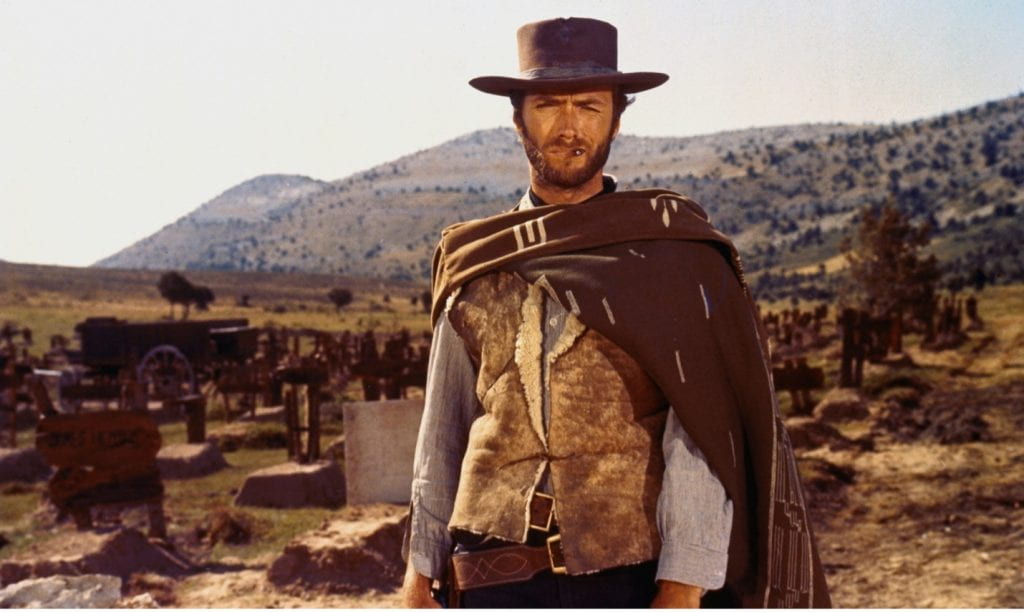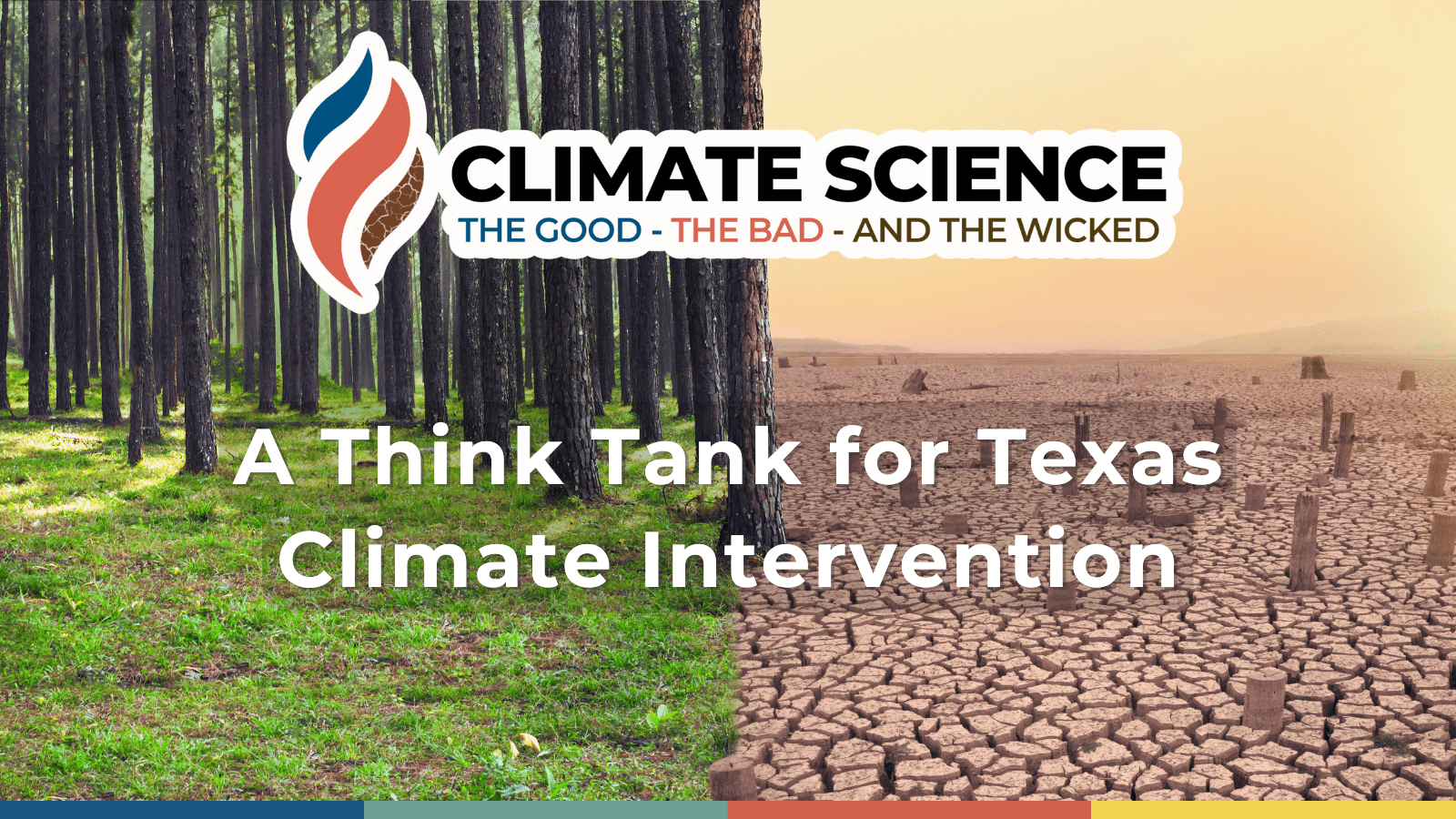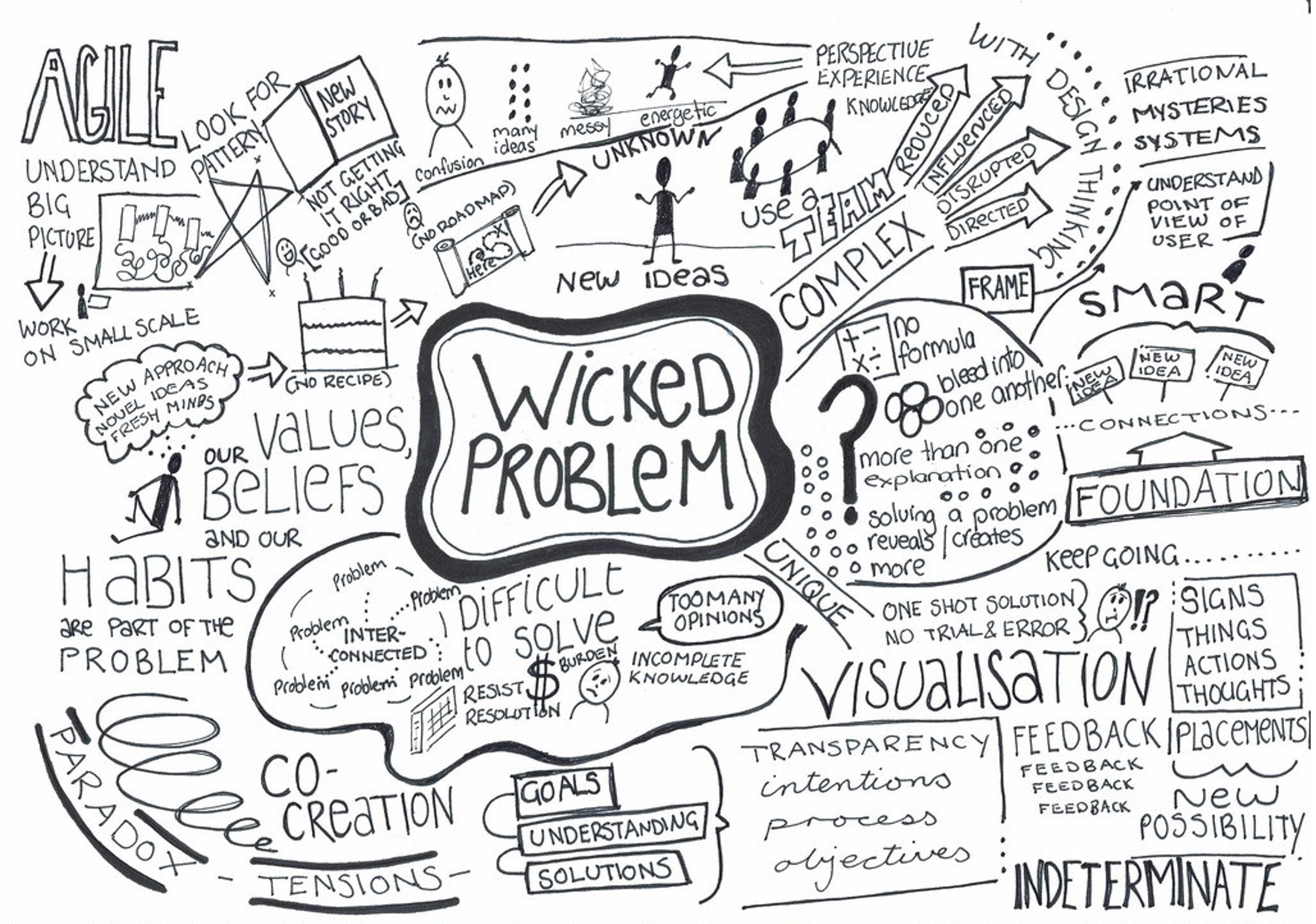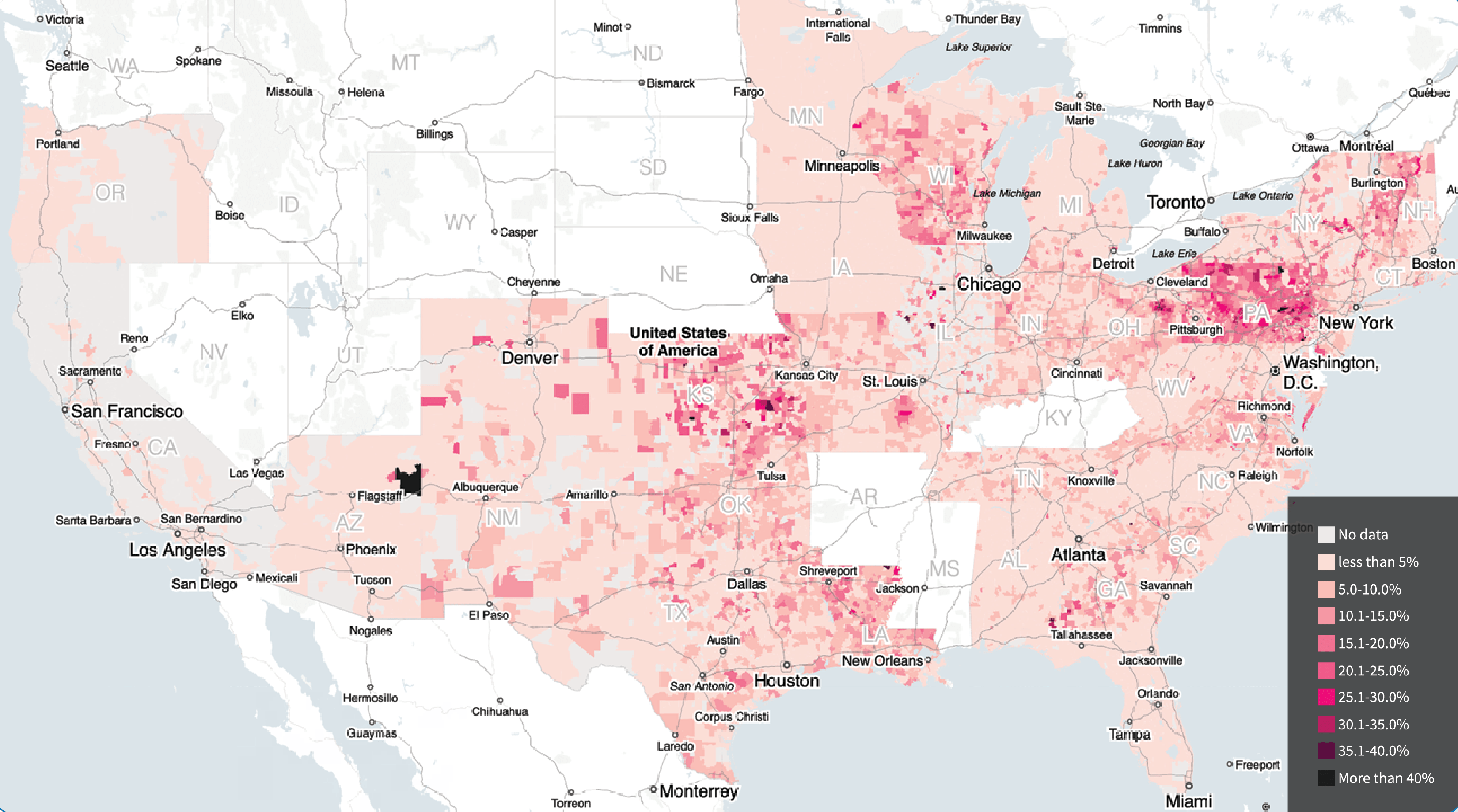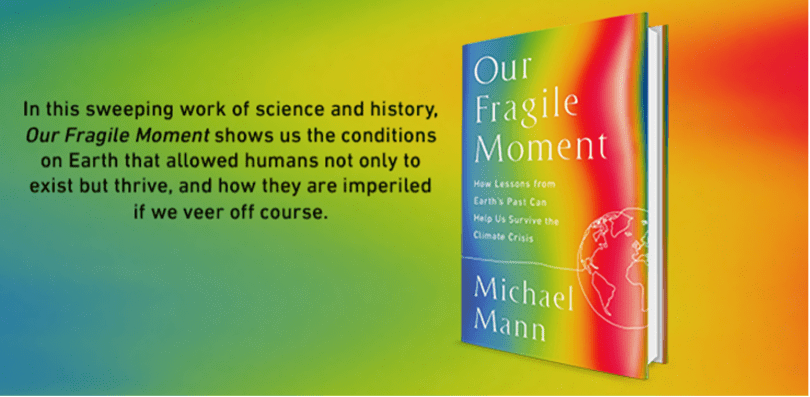“The Good, The Bad, and The Ugly” was a classic Western film that cemented the fate of actor Clint Eastwood to be a great Hollywood star. Some ugly things are happening in the climate now, and for anyone who has spent the summer in Texas, don’t we know it? While the official temperatures have been 108 °F, my car tells me the actual temperatures outside my front door have been 112–114 °F. A friend of the Meadows Center, Medical Anthropologist Rose Jones, who has written for the Habanero recently on the topic of heat and health, says the picture is even more grim in Dallas, where some outdoor workers can encounter 130 °F from heat island effect. This is more than ugly; it’s wicked.
Future climate – it’s not just ugly, it’s wicked, super-wicked.
We mean wicked in more than one way. We mean it in the normal dictionary usage (intended to or capable of harming someone or something), and wicked in terms of being a wicked problem. In this sense, wicked means not resolvable, referring to a problem that cannot be fixed, having no single solution. If we want to stand on technicality, climate is not just a wicked problem; it is a super wicked problem, i.e., a wicked problem that possesses the additional characteristics of needing to be managed urgently in the face of no true central authority empowered to do so, in a circumstance where some who are trying to constructively address the problem are also causing it, and in a backdrop where some policies actually impede progress in management.
Something wicked this way has come.
At the heart of “the wicked” is complexity. Simple problems have simple solutions. Complex problems require systems thinking and coordination. Trying to address a complex problem with a simple solution, though perfectly understandable, leads to a game of whack-a-mole. As the name implies, this started as an arcade game, but it has long since become a metaphor emblematic of certain situations, applicable to diverse areas such as IT, management (“whack-a-mole management”), and the environment. For instance, in IT, the process of whack-a-mole has been described as follows:
“The whack-a-mole problem occurs when it seems that the fix for any given bug [mole] causes a new bug to pop up…. Unfortunately, if you’ve reached whack-a-mole, it’s usually too late to change…”
An over-arching theme in the different uses of this phrase implies a reactionary rather than proactive and considered approach, producing results that are not fit-for-purpose.
Whack-a-mole. Push one down, and another one or more come up. Now we have this game in a special climate addition.
The need to consider complexity in environmental management has been discussed before in this blog, for instance, that energy transition is likely to be less effective than many like to believe (or in the words of one energy industry expert, “net zero is a naïve and unscientific fantasy”), and that energy transition itself will arguably produce new and unintended consequences, such as continued biodiversity loss.
And did you know that approximately one-third of the world’s children suffer from lead poisoning? Few people think this is substantively a problem in the US, but that would be incorrect. What does this have to do with climate? Even fewer people realize how climate can increase the problem of lead poisoning. Current climactic trends are accelerating erosion and some geochemical processes, causing increases in lead exposure.
Lead poisoning – it’s not just about less developed countries, it’s not just about Flint, Michigan in the US, and it’s not just about lead. The graph shows the density of locales (for which there is data) where lead poisoning is worse than in Flint. Climate, both temperature and changes in weather patterns, is increasingly exacerbating this critical threat to children’s health. Source: UNICEF and Pure Earth
The Meadows Center for Water and the Environment is confronting this complexity head-on in September (Thursday, September 7, to be exact) by holding our first conference since COVID, a conference themed around climate as a wicked problem. We aim to further authentic discussions that recognize the complexities we face and shift the dialog toward proactive thinking that acknowledges complexity. We cannot do this alone. We invite you to join us, and I would like to take this opportunity to share some details about the conference program through today’s blog post.
The conference will open with an address by keynote speaker Michael E. Mann, world-renowned author, climate scientist, and science communicator. Mann first came to fame for his development of advanced mathematical techniques to study climate. This work thrust him into the public eye, and he has since written several books for general readers. His awards and accolades comprise a stunningly long list. I would love to know which gives him the most satisfaction. Two that attracted my attention include his having been elected a Fellow of the Committee for Skeptical Inquiry (to promote scientific inquiry, critical investigation, and the use of reason in examining controversial and extraordinary claims) and writing one of the five all-time best-selling books on climate for a general readership. His talk coincides with the September 26 release of his new book “Our Fragile Moment,” in which he reviews 4 billion some odd years of climate history on Earth. Anyone who thinks that it would be nice to enjoy the balmy weather that existed in the time of the dinosaurs may look at things differently after hearing what he has to say.
Our conference offers a rare chance to see Michael E. Mann speak, and on the eve of the publication of his new book.
After Professor Mann’s keynote, there will be two sessions before and after lunch. These themed sessions address topics that are, in science, described as epistemic and instrumental.
Epistemic has to do with how we address the need to work together in circumstances whereby different groups have different world views. For instance, psychologists versus physicists, Republicans versus Democrats, planners versus scientists, drivers of business and drivers of the public sector, etc. Simple problems do not require a community, much less a team, and can be solved individually. Complex problems permeate everything, and climate, in particular, has come to be known as an “everything problem.” Everything problems need everybody to come together, and this involves constantly exposing ourselves to new perspectives, ways of thinking, and models of action.
We all look at the world differently; that can be a plus in dealing with complex problems.
The session focused on “instrumental” is more technical. Here we will have experts explaining different aspects of resource needs, resource use, and how the impacts of resource use affect our ability to have and use precious resources in the future. The talks in this session cross-cut land use, biodiversity, energy security, and water resources, to name the highlights. In both of these sessions, expect to encounter some ideas that you have never heard or thought about, ideas that we all need to hear and think about moving forward.
Complexity – all these forms and more of resource use are intertwined, affecting and affected by climate.
After these two sessions, we will have a panel discussion moderated by Texas’s own premier leader in conservation, Dr. Andy Samson. Andy will guide a panel of experts, including Dr. Robert Mace (Meadows Center, expert in water resources management), Suzanne Scott (The Nature Conservancy, expert in environmental management and stewardship), and Enrique Valdivia (Edwards Aquifer Authority, expert in environmental law and environmental equity and justice), through the thorny task of unpacking the implications of dealing with the complexity covered in the days’ presentations. In case you are wondering, I asked Andy – he will not be pre-feeding questions to the panel, so look out. This is going to be a real discussion.
Rounding up the day’s events, Trammell Crow, businessperson, green conservative, Texan, and founder of the environmental organization EarthX, will present his views. Trammell has coined the term “radical collaboration,” strongly echoing the theme of one of the morning sessions. The problems we all face in the future cannot be dealt with constructively unless we find a way to collaborate across boundaries.
As you can tell, we are very excited about the conference program and hope to see you there!
